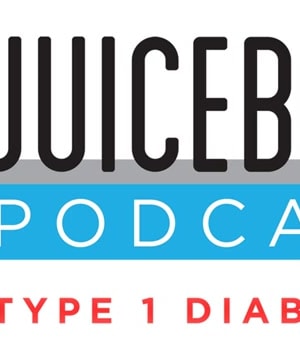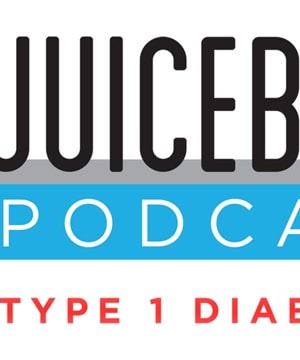Needle safety
Sources:
Needle safety is essential across various contexts, from medical procedures to everyday practices like tattoos. Here's what experts say about maintaining needle safety:
-
Prefilled Syringe Packaging:
- Packaging: Prefilled syringes come in a sealed foil pouch to protect them from light and moisture, crucial for maintaining drug efficacy. The pouch includes detailed usage instructions to guide even untrained individuals effectively 1.
- Safety Features: Syringes are equipped with a needle shield and a backstop to prevent accidental deployment of the plunger, enhancing safety 1.
-
Emergency Use:
- Glucagon Kits: For diabetes management, glucagon kits are used during emergencies where the person cannot consume anything orally. Extra caution is advised as attempting to make a seizing person swallow something can lead to serious complications like aspiration 2.
- Safety Precautions: In cases of combative or violent behavior due to low blood sugar, prioritizing safety over immediate intervention is crucial. It's recommended to call emergency services if the situation becomes unsafe 2.
-
Needle Biopsies:
- Metastasis Risk: Needle biopsies, while diagnostic, can potentially increase the risk of metastasis by creating an inflamed condition in the tumor microenvironment. This phenomenon, known as inflammatory oncotaxis, has been documented across various cancers like breast, colon, liver, and brain 3.
- Procedure Precautions: Understanding the balance between diagnostic benefits and potential risks is critical. Patients are advised to discuss these aspects thoroughly with their healthcare providers 3.
-
Tattoo Safety:
- Sterilization: Tattoo parlors follow strict protocols similar to medical settings, including sterilizing reusable equipment in autoclaves and using disposable materials. This significantly reduces the risk of bloodborne infections like hepatitis 4.
- Best Practices: It's vital for tattoo parlors to open sterile packages in front of clients and ensure all single-use items are disposed of properly. Proper hand sanitation and environmental cleanliness are also critical to preventing infections 4.
These insights underscore the importance of following stringent safety protocols across different contexts involving needles.
RELATED QUESTIONS-


